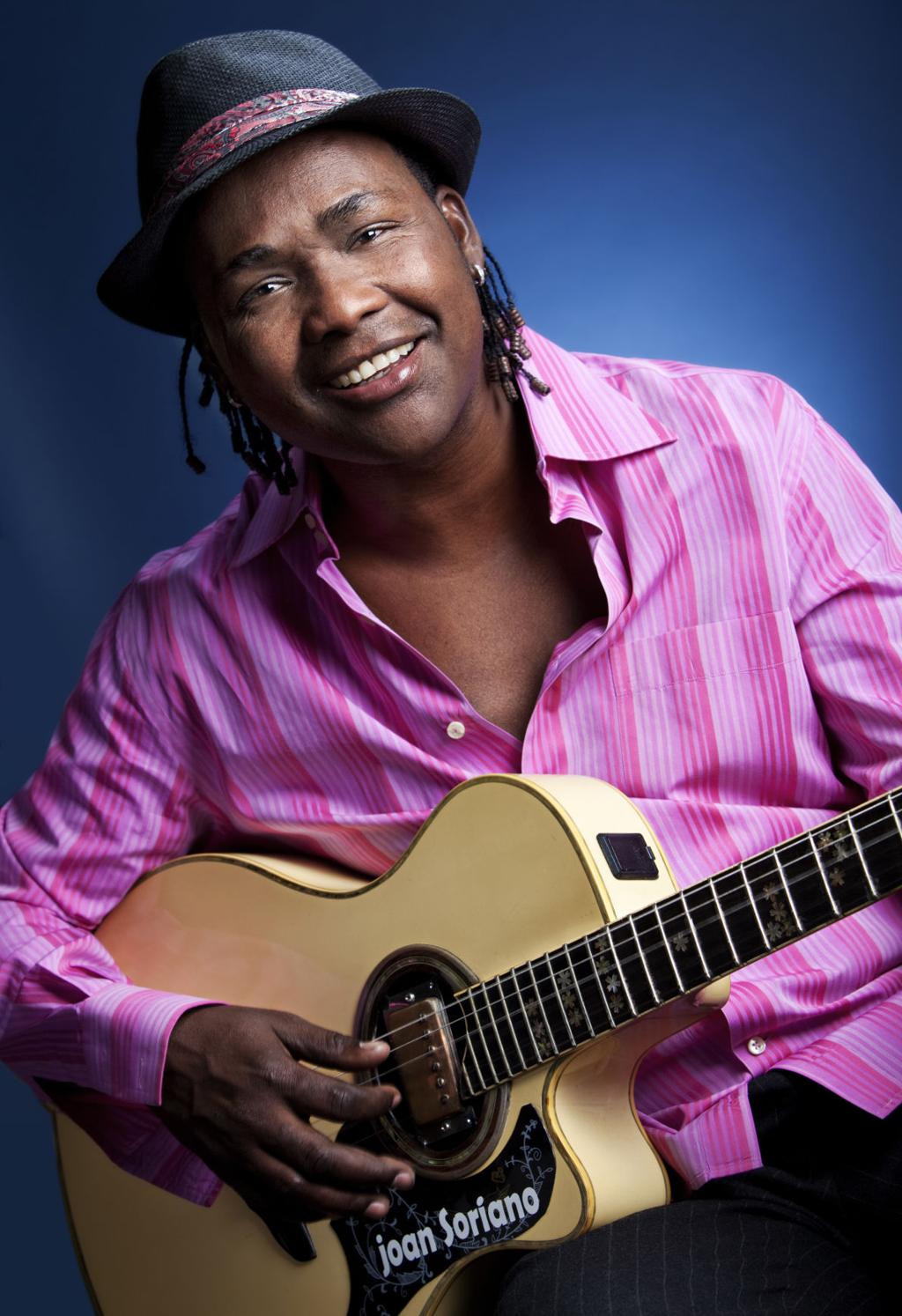Joan Soriano, the popular bachatero from Monte Plata, Dominican Republic, and singer of many hits like “Vocales de Amor“, “La Mamandela” and “Que Pasara Mañana“. We caught up with Joan and asked him what he does when he’s not playing, and his view on bachata today.
What do you like most about touring the US?
The people. They’ve always treated me very well there. I’ve made a lot of friends and contacts, some of who have even visited me in the Dominican Republic. It feels like we are a big happy family and I love that. It’s without a doubt the best part.
In addition to being a full-time musician, you also teach kids in programs like the iASO Bachata Academy. What can you tell us about this?
Correct. I was one of the very first bachata instructors at the academy. I’m not currently teaching, but I stop-by every now and then to check on my students’ progress. This is a wonderful program, mainly because it’s the first bachata school in the world that my label and the DREAM project have put together. I wish I could have gone to a music school like this one.
How did you learn to play music?
I taught myself, really. I listened to a lot of bachata songs when I was little. My brother, Tatico, made a guitar with a few household items, and I started playing it. This was my very first guitar, and I knew it wasn’t much, but it was a good start for me.
What type of music do you listen to in your spare time?
I listen to all kinds of music, I don’t think there’s a particular type of music that I don’t like. I enjoy listening and learning from every artist, and every song.
In the bachata world, who have been your favorite artists or idols, and who do you consider an inspiration or a mentor?
As far as my favorite artists goes, the list is way to long. I started listening to bachata when I was a kid. Back then there was only one radio station that played bachata in the D.R., it was “Radio Guarachita”, which I used to listen to every day with my family. That was it. No one else played it because bachata wasn’t popular then. I have had the privilege of working with very talented people who have inspired me and who I consider my mentors. People like Leonardo Paniagua, Edilo Paredes, Marino Perez, Luis Segura, Ramon Cordero, Isidro Cabrera, just to name a few.
Bachata is often associated with songs about heartbreak and sorrow. What’s your take on that?
Bachata includes equal parts of love and heartbreak. I like to think that it has more songs about love than songs about heartbreak but that’s not the case. To me it’s all part of life. We love… then we get our hearts broken, and after some time our hearts heal and we love again. In my opinion, bachata songs are not sad, or about sorrow, they are simply about life, which often includes heartbreak.
What do you value most in life?
My God, my parents, and my son. I thank God every day for being here, and I thank my parents for raising me and giving me the wonderful gift of life. I’m also eternally grateful for my son, who gives me the courage and inspiration to work very hard and be “El Duque.”
Why do they call you “El Duque” de la Bachata (The Duke of Bachata)?
I choose that name because in the music world there are a lot of kings. Like “The King of Pop” or “The King of Rock” and so on. However, there’s only one duke in bachata, and that’s me.
Would you like to say anything special to all your fans waiting in the US?
I can’t wait to see you all! I’m bringing new songs that I’m sure you are going to like. I love you, and I wish that God blesses you and gives you twice as much love you have given me.
[youtube http://www.youtube.com/watch?v=Nq8XFQUeqF0?rel=0]

Hola, nos encantaria traerte a Des Moines para un concierto/evento de BachataDSM